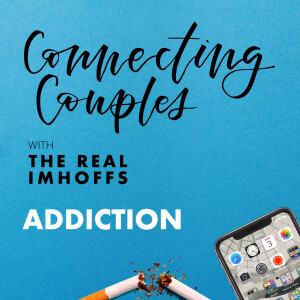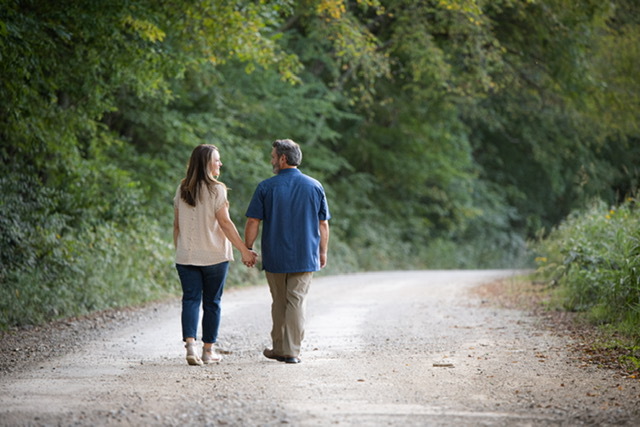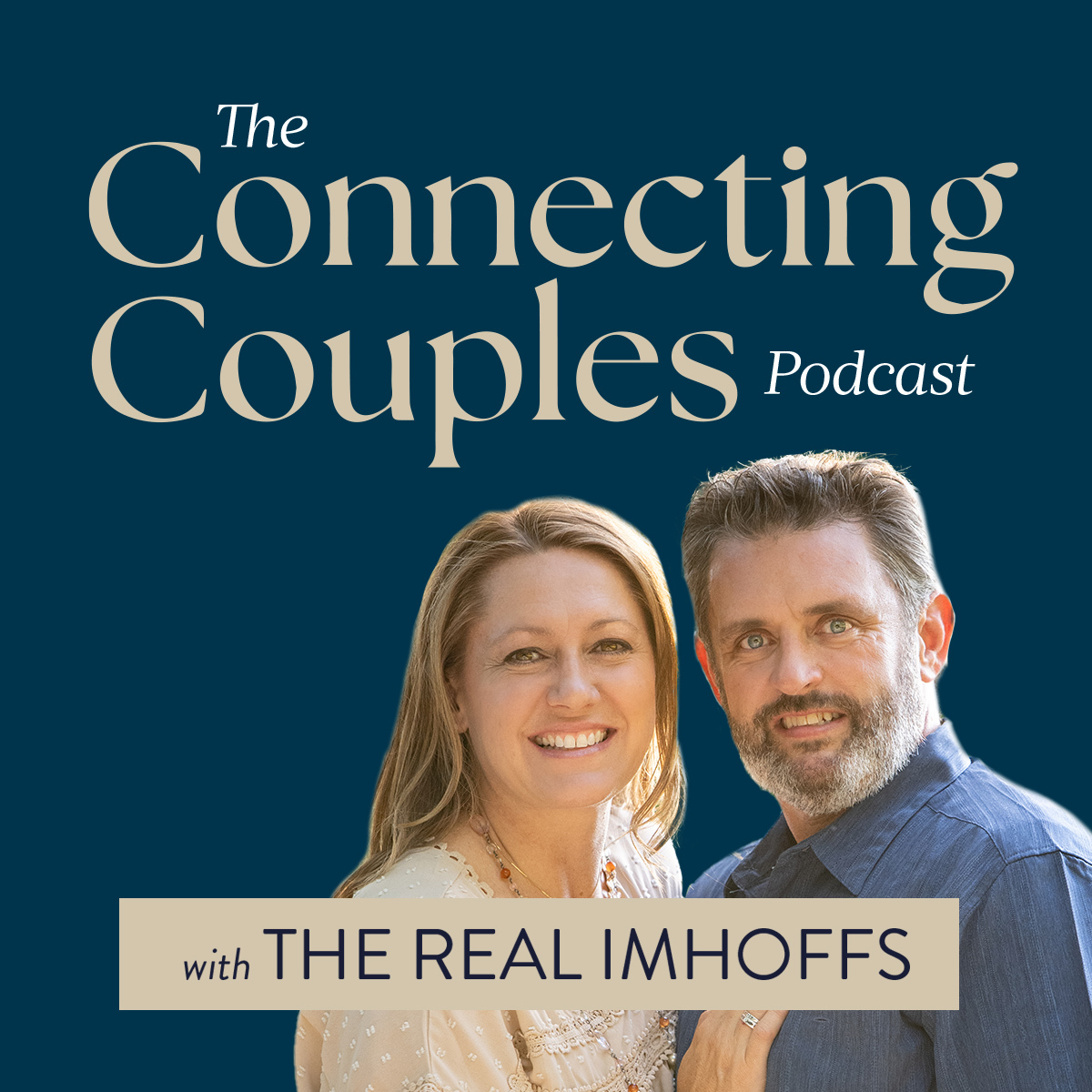Episodes

Wednesday Aug 31, 2022
Connecting Couples in Addiction: Episode 4- The Process of Change
Wednesday Aug 31, 2022
Wednesday Aug 31, 2022
First 5 minutes:
Intro- Inaction doesn’t work in recovery. You have to have Action. You have to do something healthy or it leaves a vacuum that will possibly be filled with the wrong things.
Now that we’ve acknowledged how hard it is for someone to just stop an excessive habit, let’s discuss what the process of addiction looks like. There are two researchers, Prochaska and DiClemente, who came up with a framework for the process. The first stage of the process is Pre-contemplation.
A quick disclaimer that we are coming from the understanding that we are talking to both people at the same time. An individual conversation with an ‘addict’ or an individual conversation with the loved one of an ‘addict’ will look different based on their level of awareness of their own process.
Minutes 5-10:
The 6 stages are: Pre-contemplation. Contemplation. Preparation. Action. Maintenance. Relapse. Both sides of the relationship could be in one of these stages- in other words, the partner to the ‘addict’ could be in contemplation or preparation stage, trying to get traction, but the person with the dependence might not even realize it.
You don’t really know there is a problem, until you try something and it’s harder to change than you though it would be. An example is the food and health issues that Chad and Angela are adjusting. We wouldn’t have been able to acknowledge that there was a problem, expect that we have tried to change things and failed multiple times.
Minutes 10-15:
Some problems are visible on the outside. Being overweight or getting a DWI makes a problem more obvious. Sometimes you can recognize you need to change and you can put yourself in the Preparation and Action stages. Other times something happens that makes you change and you are forced into an action step.
Before you can change, you have to have a plan. Preparation is an important part of the process of recovery. Once you have a plan, you have to move to the Action stage. Action is not Maintenance. In the Action stage you can’t be caught up with results, it is only designed to start changing things.
Minutes 15-20:
Once there has been consistency in the Action Stage, there can be goals set for maintenance. There is a distinction between Action and Inaction. Recovery is more than just not doing something. There must be doing.
Within the Action Stage there is another cycle that shows up. Could be triggered by a life stressors or some other trigger that pushes a person back into their habit. When they relapse, the cycle looks like this: There is shame and guilt for using again once they had committed to stop. There is repentance and regret which leads to swearing off the habit again. The person ‘sobers’ up and stops for a while and can have some time in success… until another trigger hits and then it starts over again.
Minutes 20-25:
Inaction does not work in recovery. It’s not only about NOT doing the behavior or substance. Recovery requires ACTION steps. Doing healthy things that respond to the underlying pain.
Connect Point: Take a few minutes and instead of identifying things you don’t want to do (inaction), consider a few things that you could do that would be healthy or beneficial to you.
To know more about Chad and Angela, check out their website: www.therealimhoffs.com


No comments yet. Be the first to say something!